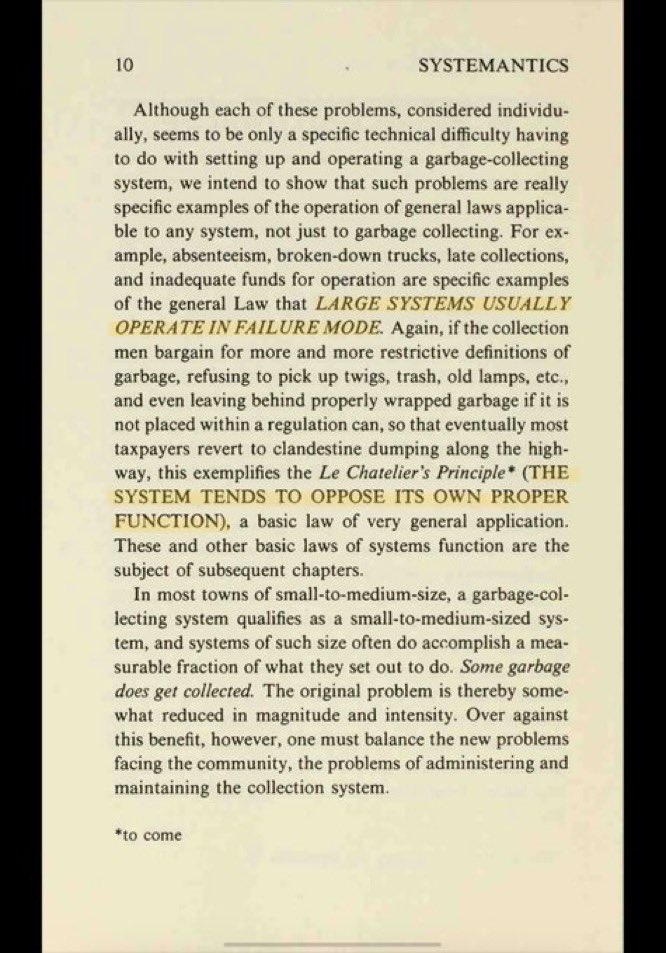
*earn* is the operative word there. you can't just tell your reports it's safe; they're just going to assume you're setting traps for them.
you have to earn it by building trust and creating safety over time. they're paying attention to your actions, not your words.
you have to earn it by building trust and creating safety over time. they're paying attention to your actions, not your words.
https://twitter.com/mattsachs/status/1486211414867857417
and part of that means consistently giving them feedback, constructive as well as praise.
*ask* how they prefer to receive feedback. give it gently, give it timely, give with a true spirit of "trying to help each other become better". don't let things snowball into badness...
*ask* how they prefer to receive feedback. give it gently, give it timely, give with a true spirit of "trying to help each other become better". don't let things snowball into badness...
and *solicit* their feedback for you with equal vigor. solicit often, receive it gracefully, show that you heard it and are making changes.
trust is built in part by being willing to say awkward things, by showing up to discuss the hard things with care and sensitivity.
trust is built in part by being willing to say awkward things, by showing up to discuss the hard things with care and sensitivity.
if somebody only ever hears you say good stuff to them, they're going to be very wary of you. it's a relief to know you can count on your manager to show up for you and have your back when things are tougher, including always giving you the feedback you need to improve.
• • •
Missing some Tweet in this thread? You can try to
force a refresh





